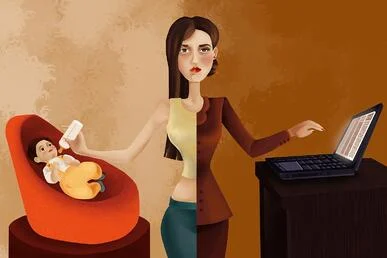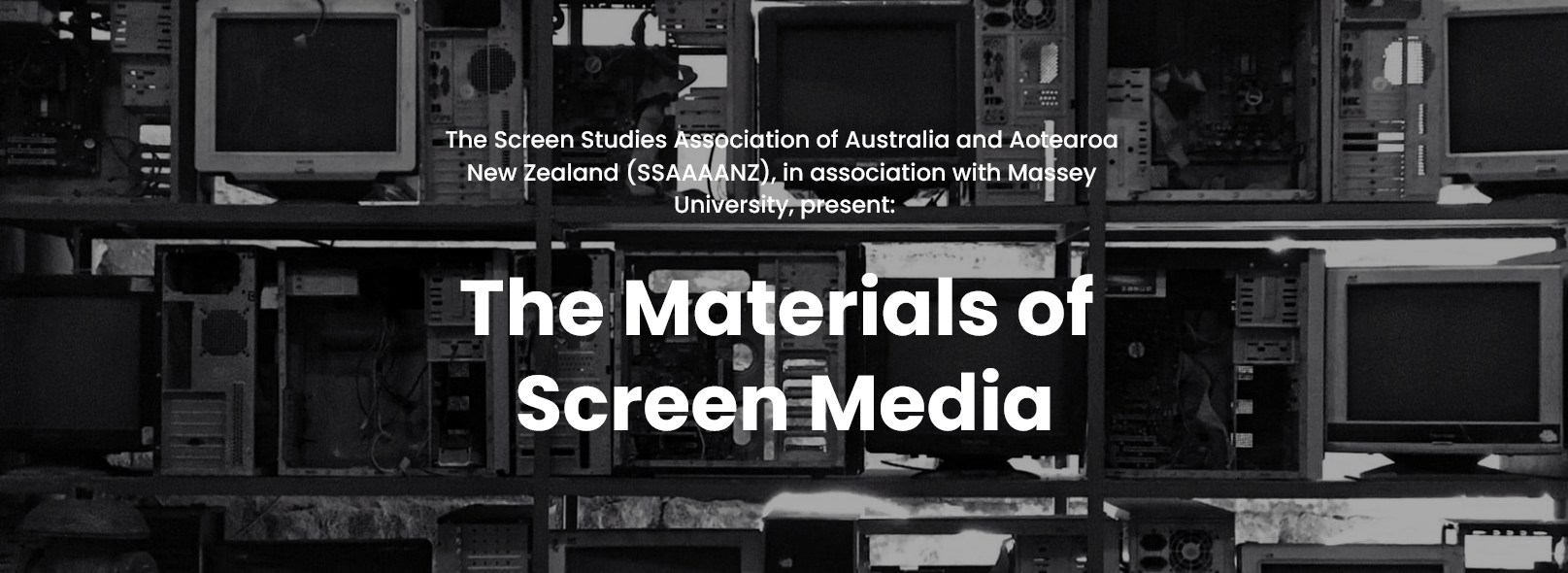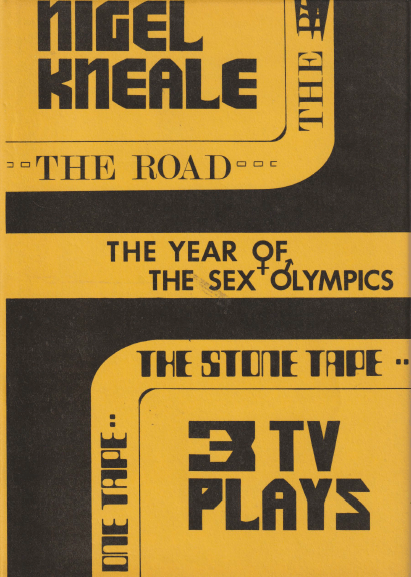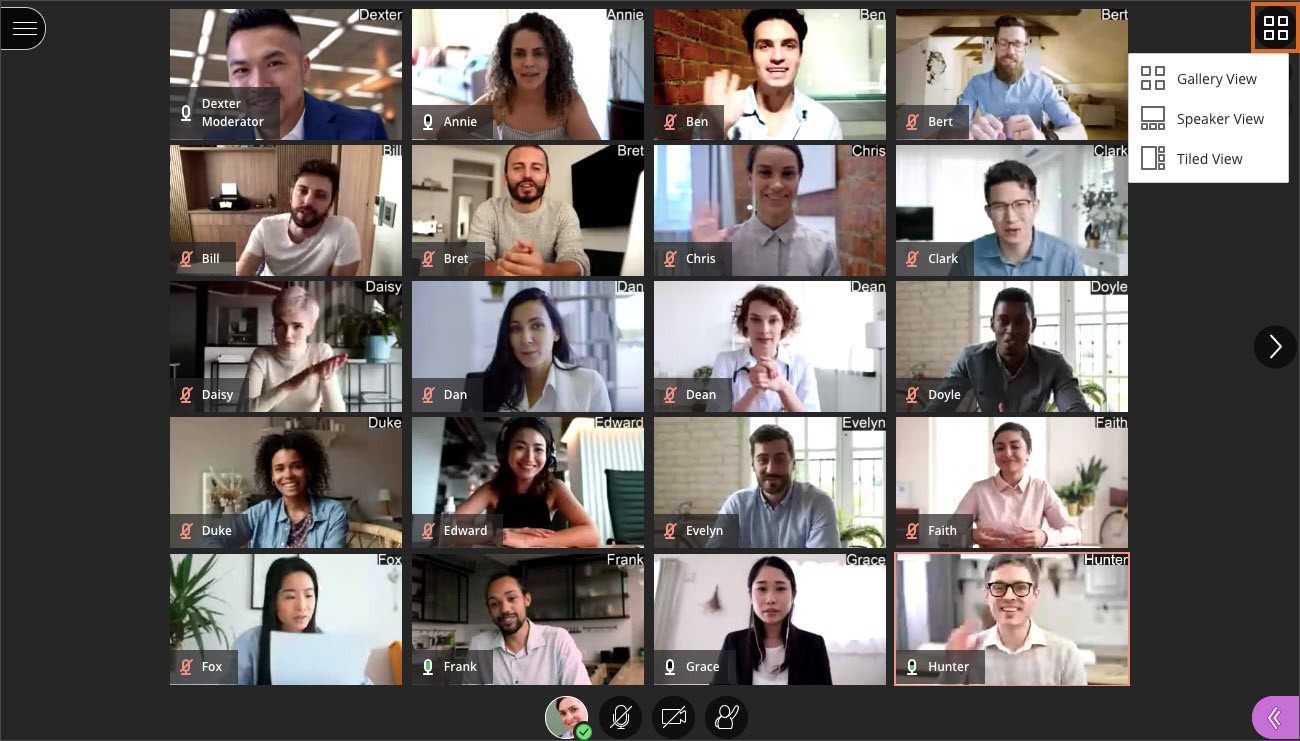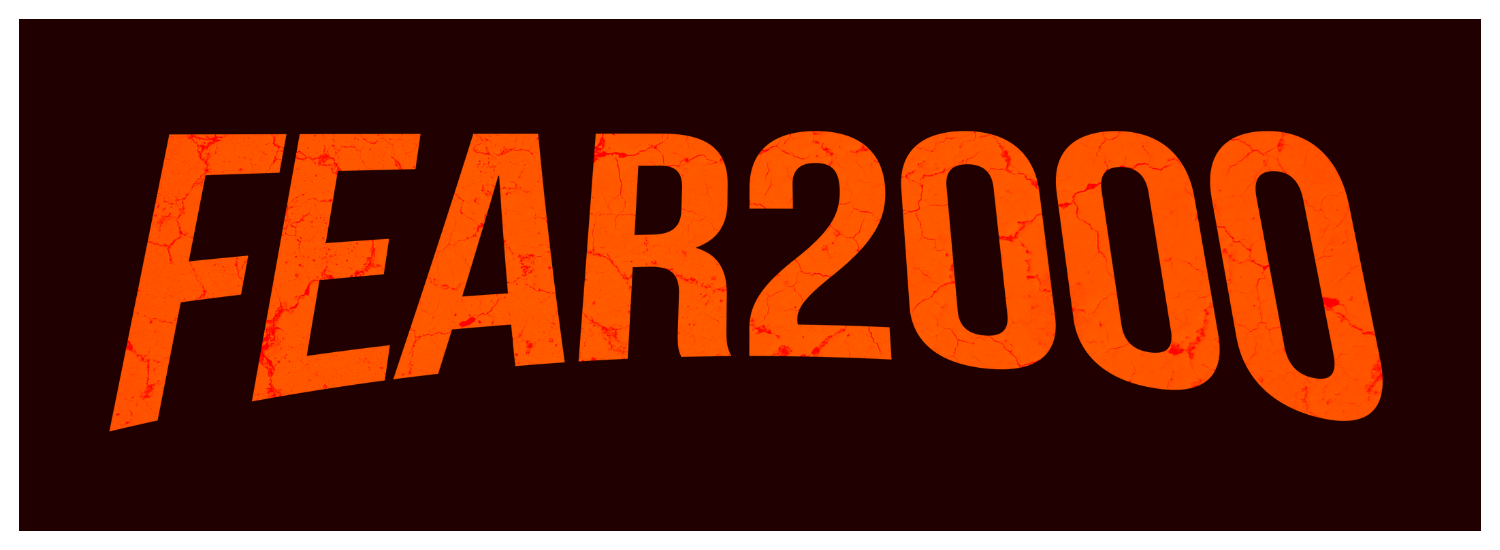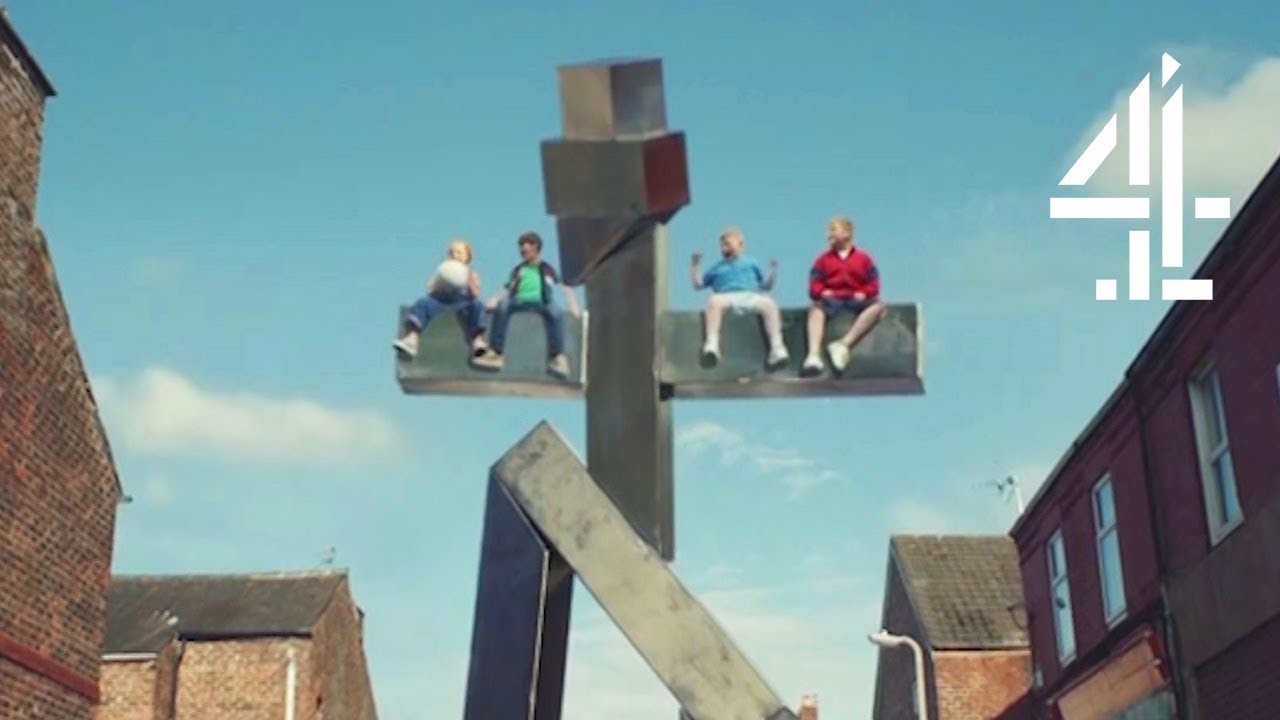
With the British government’s latest diktat concerning the future of the public service broadcaster, Channel 4, now fully revealed, it is time to consider the contribution Channel 4 has made, not only to the British media landscape, but to personal and public experiences as a whole over the last 40 years. I say both personal and public experiences because that is how television works, and Channel 4 has been influential in both respects.

